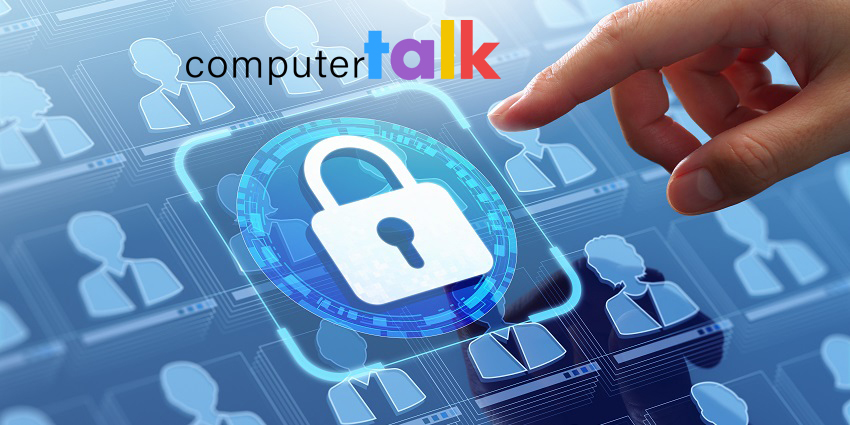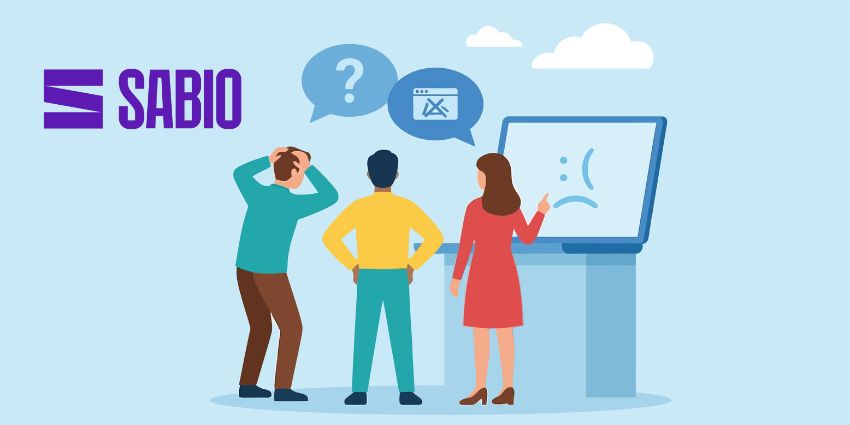Employing an omnichannel strategy is a prerequisite in the modern contact center space.
With a customer’s choice of communications channel changing from day to day, contact centers must be able to offer a seamless, connected experience across voice, email, chat, and text.
Omnichannel contact centers can provide smoother, more personalized customer experiences, greater agent efficiency through unified interfaces, and improved data and analytics that give brands a complete view of customer behavior and preferences.
There’s nothing but upside, right?
Unfortunately, that is rarely the case in the customer service and experience sector.
With more channels comes more data, and while that can help contact centers deliver a more personalized experience, it also potentially creates more vulnerability points from a security perspective.
This was discussed during a recent interview with ComputerTalk’s Vice President of Operations and Control as well as the Chief Security Officer, Jennifer Sutcliffe.
As a CCaaS solutions provider with over 35 years of experience, ComputerTalk has learned to adapt and grow with the ever-changing contact center landscape.
Arguably, the biggest change in recent times has been the rise of AI.
Indeed, Sutcliffe detailed how generative AI (GenAI) in particular has played a major role in increasing the overall data footprint within contact centers.
While an increase in the amount of data being processed by a contact center does provide challenges, ComputerTalk prides itself on ensuring that all customer data is handled safely and securely, as Sutcliffe explains:
“All communication – whether voice or chat – still runs through the same infrastructure.
“We continue to apply the same security protocols, including threat protection, penetration testing, and more.”
So, let’s take a closer look at how CCaaS tech companies like ComputerTalk keep customer data safe.
AI, Compliance, and Secure Data Usage
First and foremost, contact centers must meet a number of customer data regulations such as HIPAA and GDPR. Additionally, it adheres to SOC, PCI, and ISO certifications – all of which ComputerTalk complies with.
Outside of these industry-wide certifications, ComputerTalk conducts third-party threat risk assessments, intrusion detection, penetration testing, and vulnerability scanning.
In addition, the company ensures that all ComputerTalk staff are trained in data security protocols, with the vendor having implemented strong internal processes with regular audits, including peer audits.
Away from the obvious desire to protect the company from cyber-attacks and hackers, having these procedures in place is also beneficial from a CX perspective.
With HubSpot and Zendesk having experienced high-profile hacks over the past two years, customers and contact centers are understandably concerned about how secure their data is.
For Sutcliffe, one of the most critical aspects of ComputerTalk’s data security strategy is “making sure our clients understand and feel confident in our approach.
“It’s about demonstrating that we follow best practices. Our security isn’t ad hoc; it’s formalized and independently verified.”
Another common issue raised in customer data discussions is what companies do with the data they collect and store, with some organizations using this information to train and inform tools such as chatbots and AI agents.
When this subject was broached with Sutcliffe, she was unequivocal about ComputerTalk not utilizing customer data for any purpose outside customer service queries. It is even stipulated in the contract when a new company signs up:
“We do not own your data. You own your data. We are doing nothing with your data. We won’t access it. We’re doing nothing with your data.”
In expounding on this, she explained that ice 15 – the latest edition of ComputerTalk’s customizable, full-service CCaaS solution – contains a redaction feature that protects sensitive information being stored.
The platform is designed to collect only basic call data, such as the time the call came in, the call length, and the dialed number.
Any other personal data is verbal and exists only in recordings or transcripts. It’s not stored in structured fields within ComputerTalk’s CCaaS platform.
Future-Proofing your Contact Center Data
So far, the article has assessed how AI has impacted the contact center space by generating more customer data.
However, the tech is also being deployed by hackers looking to steal data and companies looking to defend themselves against these attacks.
Sutcliffe believes the tech is in an awkward situation. It isn’t fully developed and widely used enough for companies to easily devise proactive measures to protect against it.
“We are all in on Gen AI features, but are taking additional steps to protect the personal nature of the data GAI could generate.”
In a world where more and more people are aware and curious about how their data is being used, first-class contact center data security can be a significant CX differentiator.
Compliance is a good start, but companies serious about reassuring wary customers should consider taking additional measures that hammer home their commitment to protecting their customers’ data.
For more information on ComputerTalk and its approach to data security, you can visit the website.
You can also learn more about the vendor by watching this interview with Chief Software Architect Chris Bardon and reading about ComputerTalk’s LLM deployment strategy here.







